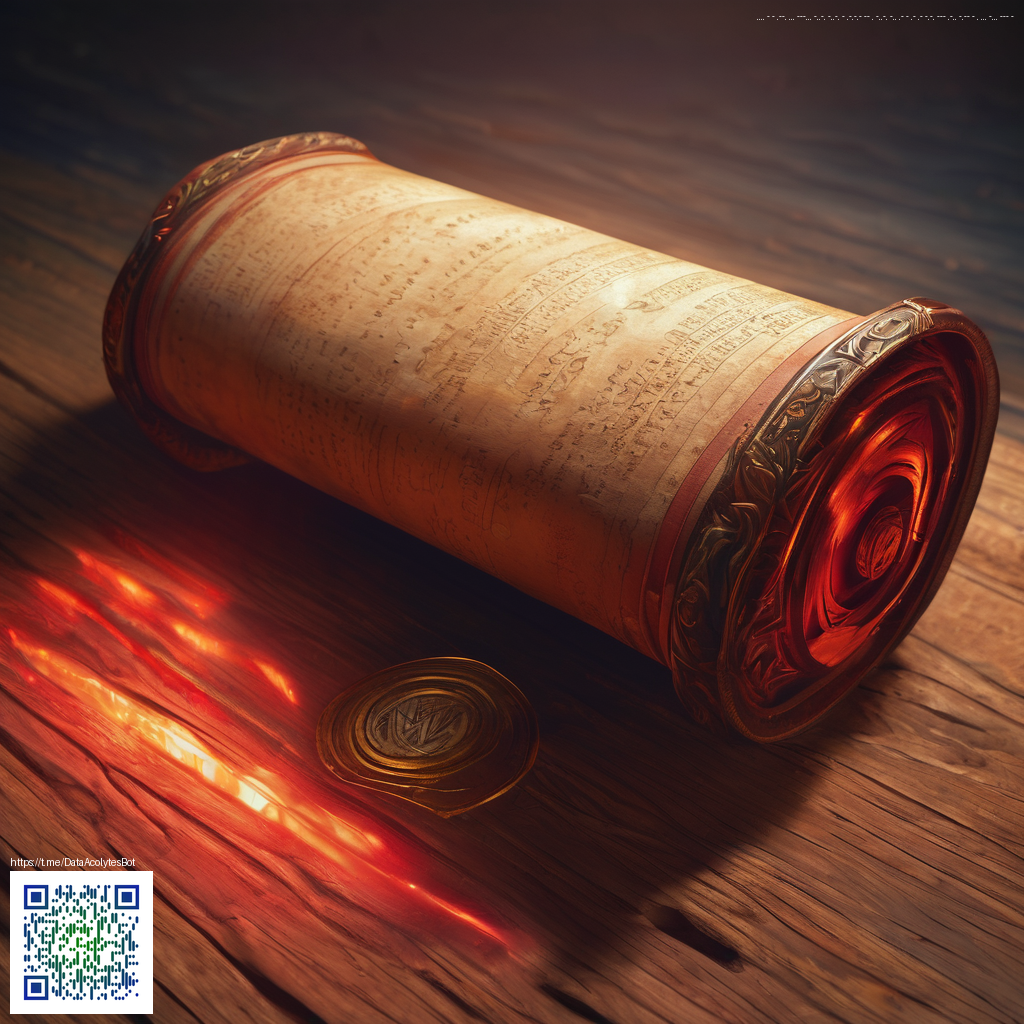
Studio insights and practical takeaways from a Dead Cells developer interview
Fans of the rogue like action platformer know that every run is a fresh story and every patch reshapes the battlefield. In a candid roundtable with the studio behind the game, designers walk through their approach to momentum, risk, and the stubborn joy of mastering tough encounters. The conversation blends studio priorities with player experience, offering a rare window into how a small team keeps a complex game feeling alive after countless hours of play.
What emerges is a picture of a team that treats Dead Cells as a living laboratory. They discuss tweaking weapons, refining movement, and embracing emergent strategy so that no two runs feel identical. For players who chase that perfect run or simply chase one more streak, the interview provides a map of the design decisions that drive each update and why certain ideas survive longer than others.
Gameplay philosophy at the heart of the steel and blood
At the core, the developers emphasize player agency as the engine of the game. The movement system is treated as a central language, allowing players to weave dash cancels, precise dodges, and rapid swipes into a fluid rhythm. Weapons and skills are described as a toolbox rather than a single solution, encouraging experimentation with synergies rather than fixed metagames. The result is a game that rewards skillful sequencing and situational awareness just as much as brute memorization.
One standout point is how level design invites risk versus reward decisions. The team highlights that every arena is crafted to tempt players with high payoff routes that also amplify danger when misplayed. This dynamic creates a loop where mastery comes from learning safe tempos and knowing when to press forward or cut losses. The interview reiterates that variety in enemy patterns and loot types keeps the experience fresh across runs.
Updates that polish the machine without dulling its edge
Updates are framed as a balance between accessibility and challenge. The studio talks about ongoing balance tuning to ensure weapons and mutations feel distinct yet complementary. The aim is to preserve the game’s signature tension while smoothing rough edges that can impede new players. Quality of life improvements are also a priority, with tweaks to UI clarity, smoother load transitions, and more forgiving early encounters so fresh players can appreciate the core loop without feeling overwhelmed.
Beyond tuning, the team emphasizes the importance of feedback loops. Community data, playtests, and streamer sessions shape future tweaks, ensuring that lessons learned from a wide audience translate into concrete changes. In practice this means some changes arrive quietly in a patch, yet quietly alter the rhythm of late game escalation and reward pacing. The message is clear players are essential co-designers in this ongoing process.
Community pulse and the living modding culture
The interview touches on the vibrant community that surrounds Dead Cells, including how fans remix encounters, craft new challenges, and stream the evolving metagame. While the team notes that official support for full modding remains nuanced, they celebrate fan projects that reveal new strategies and keep the game feeling fresh long after release. The dialogue underscores a respect for how community experimentation spurs new ideas that eventually echo back into official updates.
There's also a nod to accessibility and learning curves, with reflections on how the studio considers new players joining the crowd of seasoned runners. The emphasis is on lowering unnecessary friction without surrendering the game’s demanding tempo. In practice this means clearer early game guidance, optional tutorials, and a push to make complex combos more discoverable through in-game prompts and friendly examples in demos and streams.
Developer voices you can carry into your next run
Several designers share practical tips born from their own testing sessions. A recurring theme is to map your weapon loadout to your preferred playstyle and to practice transitions between attack sequences so you can fluidly adapt on the fly. The interview also stresses patience as a core mechanic; mastery emerges not from brute force but from reading the battlefield, timing your dodges, and selecting the right moments to push forward. Fans come away with a richer vocabulary for talking about game flow, and a deeper appreciation for the craft behind each patch note.
For players who enjoy storytelling through play, the interview hints at the studio’s broader ambitions for Dead Cells. They describe future ambitions not as a radical departure but as an ongoing refinement of the core loop. Expect additional opportunities to experiment with builds, more nuanced enemy interactions, and a continued emphasis on sustainable challenge rather than punishing failure for its own sake. The tone is hopeful and pragmatic, a reminder that iteration and community feedback drive the project forward.
💠 The exchange showcases a studio that loves the moment when a player finally lands a perfect combo after a string of near misses. It is a reminder that behind the iron and fire there is a team listening closely to what players actually do on the ground, translating that into smarter, tighter updates. 🌑
What makes a game feel alive is not only what it adds but how it responds to what players already know and do. The best patches feel earned because they listened first.
Whether you are chasing the latest speedrun route or exploring a new weapon synergy, the interview paints a clear throughline. The studio aims to preserve Dead Cells as a playground where skill and curiosity flourish together. The best runs are still ahead, waiting for you to stitch a new sequence of moves and loot into a personal triumph.
Join the discussion and support independent game development
If you want to back independent studios and help sustain this kind of ongoing conversation around game design, consider supporting through the donation option below. Your contribution helps fund continued innovation and open dialogue with the broader player community.
Support the Studio via NowPayments